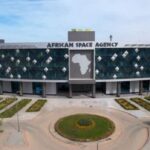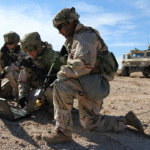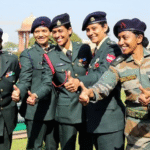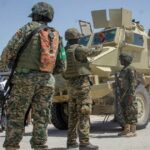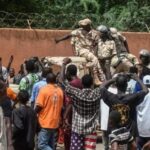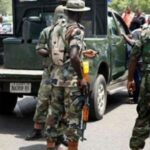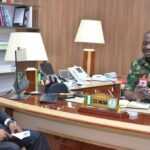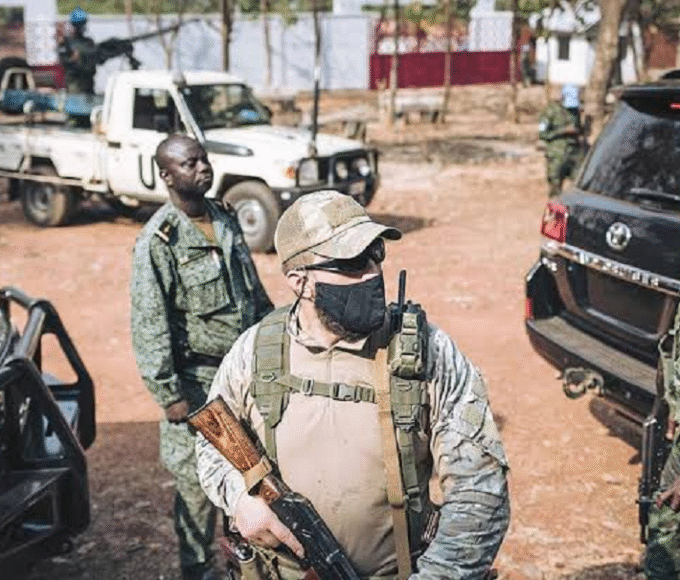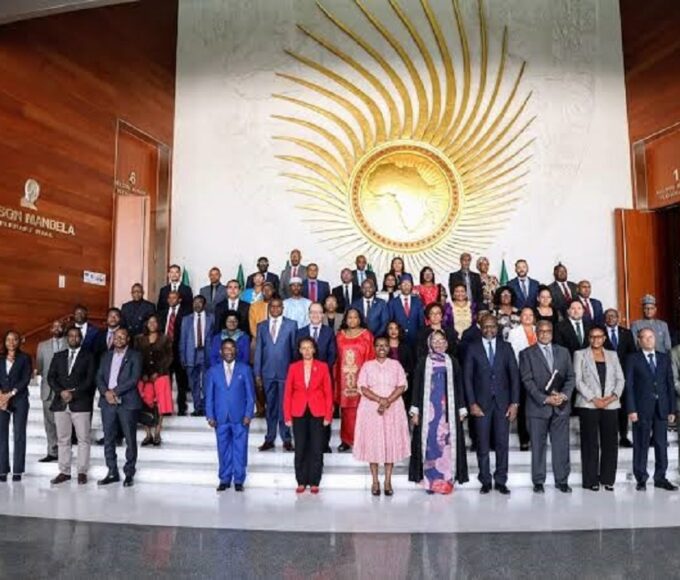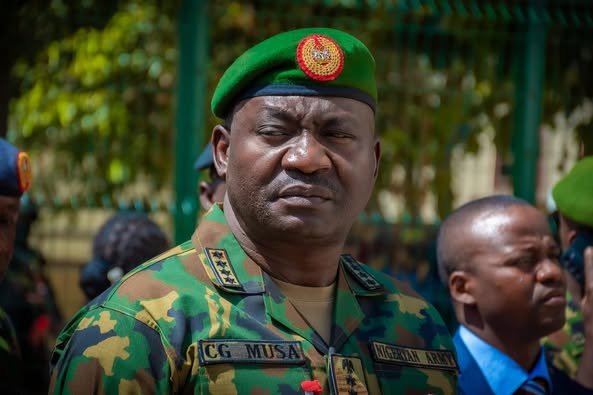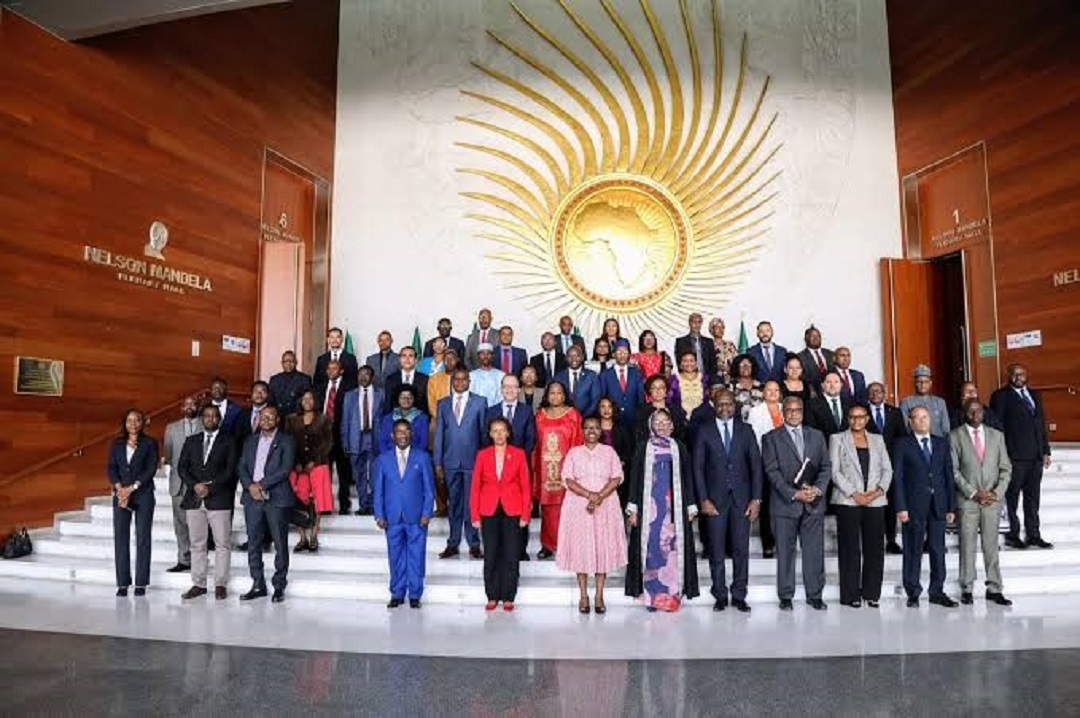
AFRICAN UNION SECURITY SUMMIT CONCLUDES WITH BOLD PLEDGES ON PEACE, REFORM, AND GLOBAL EQUITY
The 38th Ordinary Session of the African Union (AU) Assembly in Addis Ababa, Ethiopia closed on February 16, 2025, with far reaching decisions aimed at strengthening Africa’s security architecture and boosting its economic resilience.
Hosted in the Ethiopian capital, the summit drew representatives from all 55 member states, including a strong turnout of heads of state, to confront the continent’s deteriorating peace and security landscape—from the protracted crises in Sudan and the Democratic Republic of Congo (DRC) to broader threats of democratic backsliding and climate-driven instability. Chaired by Angolan President João Manuel Gonçalves Lourenço, the event underscored the AU’s evolving role in a multipolar world, blending internal reforms with outward-facing strategies for global influence.
Related Article: AFRICA’S PEACEKEEPING LEGACY: CONTRIBUTIONS AND SACRIFICES
The discussions unfolded against a backdrop of heightened tensions, including the Sudan civil war’s devastating humanitarian toll and renewed clashes in eastern DRC involving M23 rebels. These conflicts have displaced millions and strained regional economies. Opening the session, AU Commission Chairperson Moussa Faki Mahamat decried the “fragile global situation” that magnifies Africa’s challenges and urged innovative financing mechanisms to sustain peace operations. Side meetings, such as a mini-summit on the DRC, highlighted the East African Community’s deployment of forces. Pledges to fund these missions through the AU Peace Fund were hailed as steps toward self-reliance, though critics noted the absence of binding timelines. Attendance was stronger than in previous years, signalling renewed commitment, yet the presence of low-level delegations in some cases raised questions about accountability.
Meanwhile, leaders agreed on the creation of an oversight committee, comprising Kenya and the five members of the AU Assembly bureau, to drive institutional reforms and reduce bureaucratic inefficiencies. This body will monitor progress on Agenda 2063, the AU’s blueprint for sustainable development, while pushing for quicker responses to crises. Equally significant was the launch of the African Credit Rating Agency, a bold initiative designed to recalibrate global perceptions of African economies.
Attention also turned to security, as leaders recommitted to operationalizing the AU Peace Fund with targeted allocations for the EAC’s DRC mission and anti-terrorism campaigns against groups such as Boko Haram. Resolutions condemned unconstitutional changes of government in West Africa, urging ECOWAS to reconcile with members threatening to exit. Yet civil society groups criticized the summit for bundling Libya, Gaza, Sudan, and Sahel insurgencies into a single “state of peace and security” report, arguing that the breadth diluted focus on acute crises such as Sudan’s looming famine, which threatens over 25 million people. While leaders pledged to strengthen the African Standby Force, scepticism persists, as only 10 percent of the required funding has so far been secured.
Momentum also gathered around economic integration. Leaders advanced the African Continental Free Trade Area (AfCFTA) by ratifying protocols on free movement and cross-border trade, aiming to unlock intra-African commerce that currently accounts for less than 20 percent of the continent’s trade flows. They pledged $50 billion for infrastructure, targeting energy transitions and digital connectivity. South Africa’s G20 experience was leveraged to inform AU strategies on debt relief, vaccine equity, and agricultural resilience amid food insecurity affecting nearly 280 million Africans. The summit also embraced 2025’s theme, the Year of Reparatory Justice, linking economic empowerment to historical redress and racial healing.
In addition, global positioning emerged as a rallying cry. Leaders renewed demands for UN Security Council reform, insisting on two permanent African seats and five non-permanent ones to reflect the continent’s 28 percent share of UN membership. Echoing Ethiopian Prime Minister Abiy Ahmed’s remarks, the AU positioned itself as a G20 “sherpa,” coordinating common African stances on global financial reform and climate financing. The recent election of the DRC and Liberia to the Security Council was welcomed as a symbolic step forward, though leaders stressed that full equity requires veto power.
At the same time, leadership transitions injected fresh momentum. Elections for AU Commission roles highlighted calls for gender parity and youth inclusion, while outgoing figures handed over to new officials tasked with advancing technocratic reform. The AU’s formal entry into the G20 was reinforced with six priority pillars, including trade, health, and energy, supported by senior representatives tasked with navigating multipolar dynamics involving China, the EU, and the United States.
The AU stands at a crossroads: either seize the opportunity to mark a genuine turning point, or risk slipping back into cycles of lofty promises without delivery. For Africa’s 1.4 billion citizens, the true test lies in silencing the guns in Sudan, powering factories through AfCFTA, and ensuring the continent finally secures its rightful place at the global table.
King Richard Igimoh, Group Editor ALO
King Richard Igimoh, Group Editor African Leadership Organisation is an award-winning journalist, editor, and publisher with over two decades of expertise in political, defence, and international affairs reporting. As Group Editor of the African Leadership Organisation—publishers of African Leadership Magazine, African Defence & Security Magazine, and Africa Projects Magazine—he delivers incisive coverage that amplifies Africa’s voice in global security, policy, and leadership discourse. He provides frontline editorial coverage of high-profile international events, including the ALM Persons of the Year, the African Summit, and the African Business and Leadership Awards (ABLA) in London, as well as the International Forum for African and Caribbean Leadership (IFAL) in New York City during the United Nations General Assembly.
Recent Posts
Categories
- Air & Aerospace16
- Border Security15
- Civil Security4
- Civil Wars4
- Crisis5
- Cyber Security8
- Defense18
- Diplomacy19
- Entrepreneurship1
- Events5
- Global Security Watch6
- Industry8
- Land & Army8
- Leadership & Training5
- Military Aviation5
- Military History27
- Military Speeches1
- More1
- Naval & Maritime9
- Resources2
- Security12
- Special Forces1
- Systems And Technology9
- Tech6
- Uncategorized3
- UNSC1
- Veterans6
- Women in Defence9
Related Articles
RUSSIA’S WAGNER LEGACY IN AFRICA POST-PRIGOZHIN
In the diamond fields of the Central African Republic, Yevgeny Prigozhin’s shadow...
ByKing Richard Igimoh, Group Editor ALOOctober 1, 2025AFRICAN UNION SECURITY SUMMIT CONCLUDES WITH BOLD PLEDGES ON PEACE, REFORM, AND GLOBAL EQUITY
The 38th Ordinary Session of the African Union (AU) Assembly in Addis...
ByKing Richard Igimoh, Group Editor ALOSeptember 29, 2025General Musa Leads Civil-Military Reset in Nigeria
Under General Musa’s Watch, Nigeria’s Military Reimagines Civil-Military Relations at Landmark...
ByKing Richard Igimoh, Group Editor ALOJune 23, 2025Orphans of War: Rebuilding Lives After Conflict in Africa
In the wake of armed conflicts, children often bear the brunt of...
Byadmag_adminMay 31, 2025

